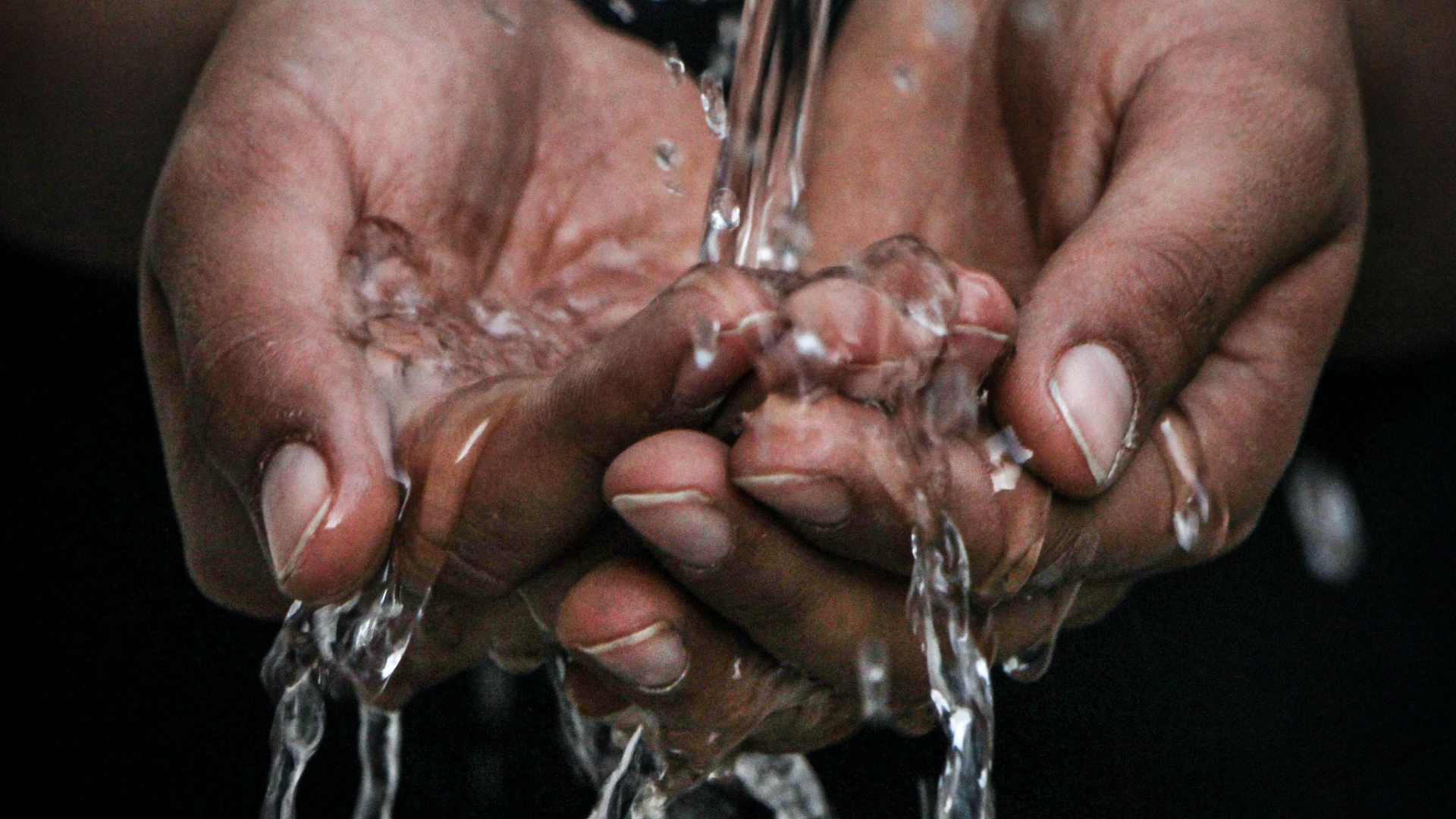- The Department of Water and Sanitation says it will cost R6 billion to fix two water treatment facilities that supply the population Hammanskraal, where a cholera outbreak has claimed 23 lives.
- Government has known that these facilities have been undermaintained for some time now, but nothing has been done to solve the problem.
- The Rooiwal Wastewater Treatment Works in particular has had insufficient capacity to deal with the volume of dirty water entering the works.
In less than a month, 23 people have died of cholera at Hammanskraal, near the country’s capital.
Facing pressure from the public and the media, local government has said that is it working on interventions to ensure the area is supplied with clean, drinkable water in order to stem the outbreak of the deadly water-borne bacteria.
These include efforts to “solve the problem of depreciating water quality” at the Temba Water Treatment Works and the Rooiwal Wastewater Treatment Works.
The Department of Water and Sanitation (DWS) estimates that upgrading and rehabilitating Rooiwal and Temba will cost taxpayers R6 billion over the next four years.
These facilities supply water to the nearby Hammanskraal area and its population. Government adds it has devised “an action plan to rehabilitate and upgrade [the] Rooiwal Wastewater Treatment Works to the required production of drinking water quality standards.”
A joint task team has been formed, comprised of elements of the DWS, and the City of Tshwane municipality, to oversee the interventions, according to a government media statement published over the weekend.
In his usual open letter on Monday, President Cyril Ramaphosa admits that, “unreliable and poor-quality drinking water has been a problem in Hammanskraal for many years.”
He adds that the Rooiwal treatment works, which is upstream of Hammanskral, has not been well-maintained and “has insufficient capacity to deal with the volume of water entering the works.”
Ramaphosa went on to say that the DWS has made several efforts to get the local municipality to act on its water pollution problems, which were all apparently ignored.
“Over the years, in its role as the regulator of the water sector, the Department of Water and Sanitation has issued many directives to the City of Tshwane to address pollution from the Rooiwal Wastewater Treatment works. Regrettably, these directives were not acted upon,” he said.
“Consequently, the Department initiated legal action to force the City to use its grant from national government to refurbish and upgrade the waste water treatment works.”
The mayor of the City of Tshwane, Cilliers Brink, says that his municipality does not have the capacity on its own to address its water and sanitation challenges, despite the fact that they are long-standing problems.
In order to secure more funding, the City of Tshwane and the DWS will approach National Treasury in the hopes of supplementing its existing budget.
“We have now reached the end of long line of failures and excuses, and whatever has failed in the past must be abandoned and has now been replaced by the partnership between the City and the Department of Water and Sanitation,” explained Brink.
“There are historical problems that have contributed to this cholera outbreak, and today we have agreed to close that chapter and to work on finding solutions,” added Water and Sanitation Minister Senzo Mchunu.
Meanwhile, 48 people are in hospital due to cholera infection. A painful, humiliating illness that robs you of your dignity and faculties and will eventually kill you if left untreated. An illness that is entirely preventable and is rarely seen in non-developing nations.
The latest from government is that an investigation is under way to find the exact source of the cholera outbreak with no luck so far. Other cases of cholera have been detected in Ekurhuleni, Gauteng and in the Free State, but not as severe as the one ongoing in Hammanskraal.
With the DWS outlining that Hammanskraal’s water treatment facilities will be fixed within the next four years, this outbreak – preventable if long-standing infrastructure problems were timeously solved – is set on continuing.
[Image – Photo by mrjn Photography on Unsplash]

